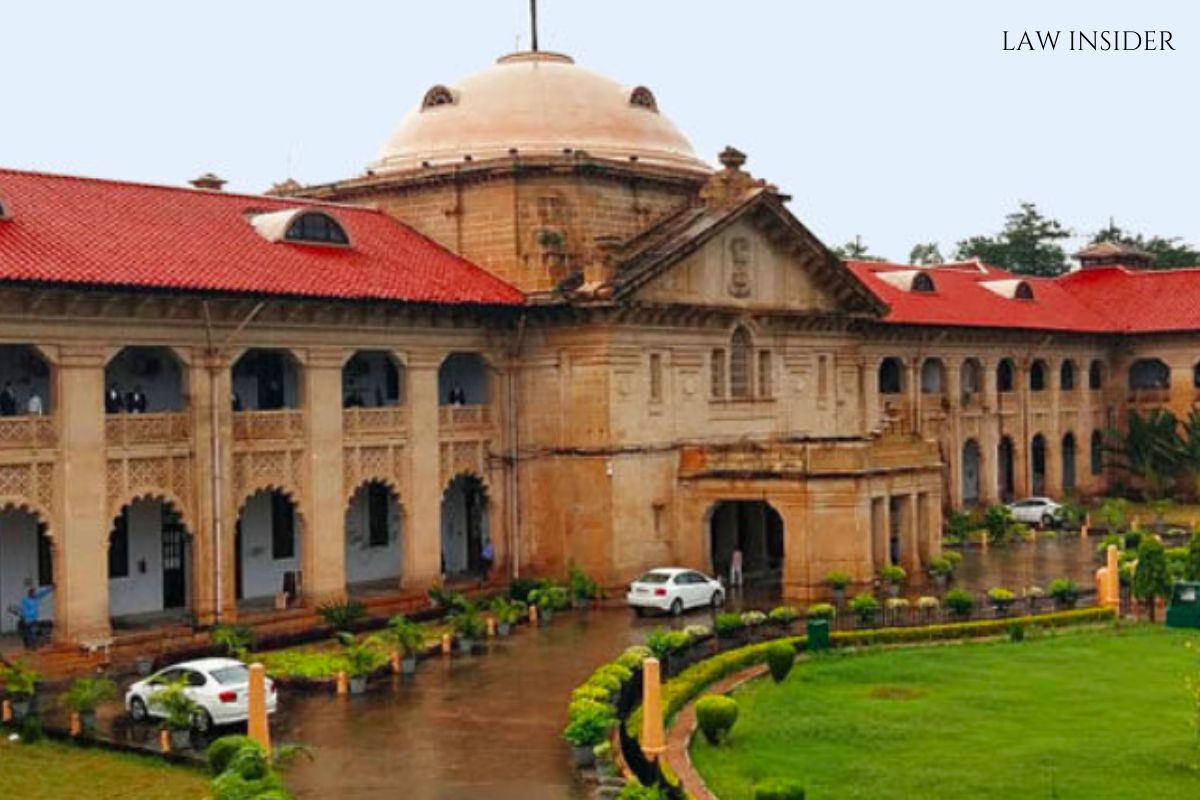Sakina Tashrifwala
Published on: October 20, 2022 at 21:29 IST
The Allahabad High Court has ruled in a key ruling that it is permissible for the Special Court appointed under the SC/ST Act to take cognizance of an offence on itself by treating an application under Section 156 (3) CrPC as a complaint.
The bench of Chief Justice Rajesh Bindal and Justice Samit Gopal made this observation while ruling that the Single Judge’s decision in Soni Devi vs. State of U.P. and Others: 2022(5)ADJ 64 is wrong.
In essence, the Soni Devi case held that an application under Section 156(3) Cr.P.C. cannot be considered a complaint matter.
Now, in July 2021, a co-ordinate bench [in the case of Naresh Kumar Valmiki vs. State of U.P. and Others along with associated cases] disagreed with the Soni Devi judgement, prompting an immediate referral to the Chief Justice.
The Division Bench was asked whether a judicial magistrate is required to direct the police to file a first information report (FIR) in cases involving the Scheduled Caste and Scheduled Tribe (Prevention of Atrocities) Act, 1989, or if he can accept such an application as a complaint.
Specifics of the Case
After the Magistrate concerned treated the applications submitted under Section 156 (3) CrPC as a complaint, the petitioners were summoned to face trial for the infraction under the SC/ST Act.
They appealed the summoning order to the High Court, claiming that under the scheme of the SC/ST Act, lodging a first information report is mandatory if an act has been complained of, which is an offence, and that the Special Court designated under the Act cannot take cognizance of an offence on its own by treating an application under Section 156 (3) CrPC as a complaint.
It was also argued that Rule 12 of the SC/ST Rules, 1995 and Schedule (1) of the Rules provide for payment of compensation to the victim at various stages, beginning with the filing of the first information report, and that there is no provision for payment of compensation if the offence as complained of is treated as a complaint case.
Observations of the Supreme Court
The Court began by considering the second proviso to Section 14 of the SC/ST [Special Court and Exclusive Special Court] Act, which stipulates that the Special Court formed or specified under Section 14 of the Act will have powers to directly take cognizance of an offence under this Act.
Furthermore, the Court considered the Supreme Court’s decision in the case of Shantaben Bhurabhai Bhuriya vs. Anand Athabhai Chaudhari and Others, in which the Court stated that criminal proceedings under the SC-ST (Prevention of Atrocities) Act are not vitiated simply because the magistrate took cognizance and committed the case to Special Court.
In this case, a bench of Justices MR Shah and Aniruddha Bose remarked that the addition of the second proviso to Section 14 of the Act simply gives the Special Court new authority to take cognizance of the Act’s violations.
The court stated that it cannot be maintained that it takes away the Magistrate’s jurisdiction to take cognizance and then commit the case to the Special Court for trial.
Concerning the argument regarding Rule 12 and Schedule Annexure-I, the Court stated that simply omitting the stage for the award of compensation in cases where applications under Section 156(3) CrPC are treated as complaint cases, as well as in complaint cases, would not oust the jurisdiction of the courts concerned to award compensation to the victims at the appropriate stage as the case may be.
Furthermore, the Court cited Section 4(2)(b) of the SC/ST Act, which states that it is the duty of a “public servant” [which includes a Judge under Section 21 of the IPC] referred to in subsection (1) to register a complaint or a First Information Report under the Act and other relevant provisions and to register it under the appropriate sections of the Act.
In light of this, the Court decided that a Special Judge or court created in line with the law can accept an application under Section 156(3) CrPC as a complaint and proceed accordingly.
While answering the Single Judge’s questions, the Court directed that the petitions and appeals be heard by the proper bench on October 20, 2022.

